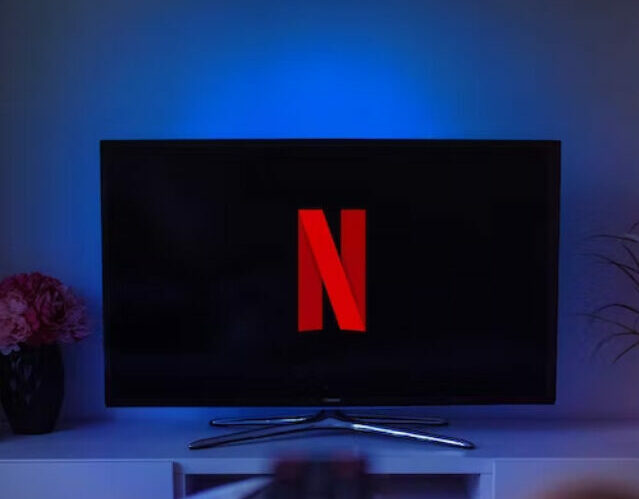Netflix, the popular streaming service, has recently been making headlines regarding password sharing. With the increasing popularity of streaming services and the rise of subscription-based models, companies like Netflix are looking for ways to crack down on password sharing. In this article, we will explore the recent news and updates on the topic and what it means for users.

What is password sharing?
First and foremost, it’s important to understand what password sharing means in the context of streaming services. When people sign up for a subscription to Netflix or any other streaming service, they are usually given a certain number of simultaneous streams, meaning the number of devices that can be used to watch content at the same time. If someone shares their login information with others, it allows those others to access the service and watch content simultaneously, which goes against the terms of service for most streaming services.
How could this affect you as a secondary viewer?
Recently, Netflix has been making an effort to crack down on password sharing. The company has been experimenting with different methods, including prompts to verify if the user is indeed the account owner or asking users to upgrade to a higher-tier subscription that allows for more simultaneous streams. In 2020, the company CEO, Reed Hastings, stated that password sharing is something that the company is aware of and that it doesn’t consider it a big issue. He said, “We love people sharing Netflix… that’s a positive thing, not a negative thing.”
However, this stance has changed in recent years, as the company has become more focused on maximizing its revenue. In January 2021, Netflix announced that it would be testing a new feature that would allow users to create individual profiles within a single account, which would help to minimize password sharing. This feature would allow users to create different profiles for different members of their household, and the main account holder would be able to control who has access to their account. This way, each user would have their own viewing history and recommendations, which would help to reduce the number of people sharing passwords.
Despite this, there are still many people who continue to share their passwords with friends and family members. Some argue that this is a way to help others who cannot afford the subscription, while others do it simply because they do not want to pay for multiple subscriptions. (Also Read Now you can not share streaming services password like Netflix. It’s criminal offence)
In recent years, the issue of password sharing has become a hot topic in the industry, with some experts saying that it is a major threat to the future of streaming services. According to a study conducted by Parks Associates, 26% of all streaming users in the US share their passwords with others. This amounts to millions of people who are accessing content without paying for it, which is having a significant impact on the revenue of streaming services.
One of the biggest challenges for companies like Netflix is finding a way to prevent password sharing without alienating their customer base. The company has to walk a fine line between cracking down on password sharing and maintaining the customer experience. If the company makes it too difficult for users to share passwords, it could lead to a decrease in customer satisfaction, which would negatively impact its revenue.
What could be foreseen in the near future?
To put it in simpler terms, password sharing is a complex issue for Netflix and other streaming services, and it’s unlikely to go away anytime soon. While the company is experimenting with new methods to minimize password sharing, it remains to be seen how effective these efforts will be. In the end, it’s up to each individual to decide whether they want to share their passwords or not. However, it’s important to keep in mind that password sharing is against the terms of service for most streaming services and could result in the suspension of your account.



